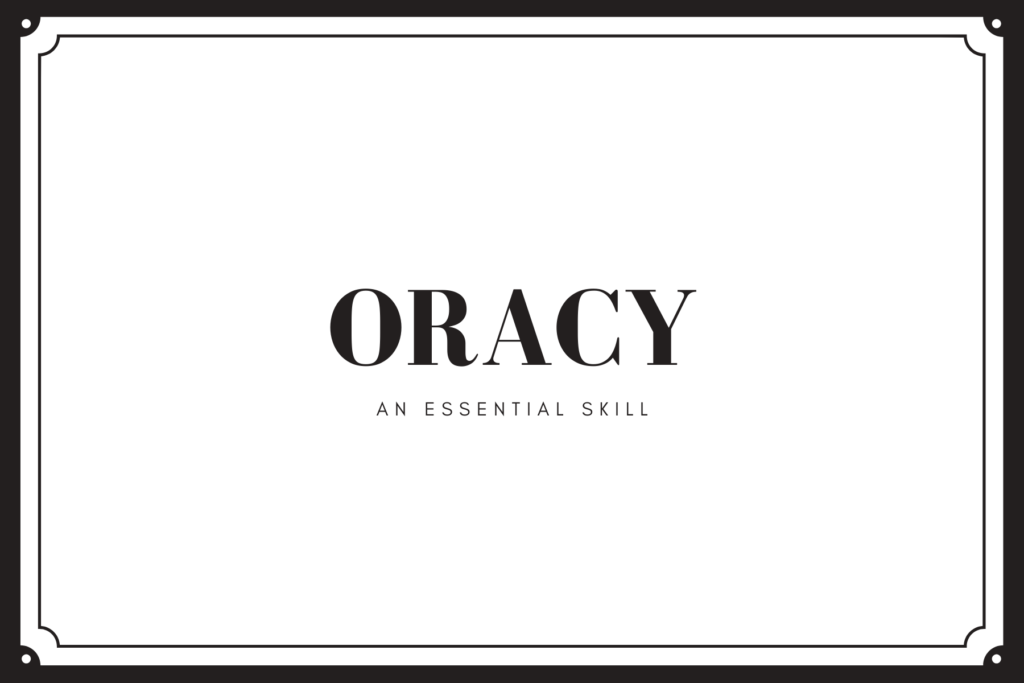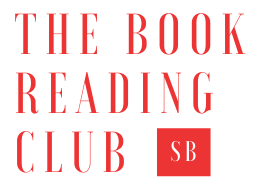A couple of years ago, I had a chance to attend the International Conference for School as Learning Community, which was a part of a massive teachers’ conference called Educa. There were over two-hundred meetings, seminars and workshops within the conference.
Student Development
Although the focus of the conference was on professional learning community or PLC, there was one topic that was very new to me. I also think that this particular topic has been overlooked by many when talking about student development.
Let me put it this way. If we were to talk about curriculum development, teaching development and student development, what would be the first things that we would think of?
Of course, the main things that would pop into our heads would be literacy and numeracy. Literacy means the ability to read and write, and numeracy means the ability to do mathematics, basically. It is not wrong that we have looked at these two in the past.
I am sure that we have faced the problem of developing literacy and numeracy skills. We have seen that some of the students have not been able to develop as much as we expect. Why?
The answer is we only look at our tasks here in front of us. We only think about the future outcomes. However, we never look backwards. What is the thing that we have to look backwards for? This is something I would like to discuss, and it is something I learned from attending the conference.
Oracy
Oracy is the thing. Have you heard of it?

Oracy is defined as “the effective use of spoken language for communicating and learning.” How is it related to student development? How is it related to literacy and numeracy? These might be the questions you are having right now.
Let’s see. … When we think of something, what happens? It is like there is noise in our head, isn’t it? It is like we are talking to ourselves. It is like we are collecting and processing our thoughts.
What if we have no oracy?
This is it. What if we have no oracy? Without oracy or without the ability to use language effectively, how would we think effectively? Almost impossible.
Therefore, without oracy, we will not be able to think effectively which leads to the inability to solve problems. Moreover, this will mean that we will not be able to read and write (literacy) effectively, and do calculation (numeracy) effectively. (I would like to put an emphasis on the word effectively here. Sure we will still be able to read and write, but we may not know what we read or write.)
Why am I talking about oracy here? It is because we never teach our students to have oracy. This, therefore, has created problems.
Developing Oracy
What does developing oracy involve?
- Physical – This includes the ways we use our voice as well as our body language.
- Linguistic – This is the way we use appropriate language, words and sentences.
- Cognitive – This is teaching students to think in structure.
- Social and Emotional – This is when we teach them to communicate with others effectively.
Consequently, oracy can be divided into two main aspects. They are:
- Skills – Students and learners will be trained the ability to explain and communicate with confidence, and more important with processed thoughts.
- Pedagogy – The methods of teaching that we can apply to develop oracy includes class discussion or group problem solving.
Oracy is something that has been overlooked. The ability to compose our thoughts, communication and the use of language is the basic skill that students must develop, even before literacy and numeracy skills.
If students can communicate effectively, their thinking process will be effective, the understanding in other areas will follow.
The Idea Owner
Of course, these are not my idea. All of what I said above has been researched for several years with schools in the UK. The research was done by Professor Peter Dudley from the University of Cambridge. He was also the keynote speaker on this very topic at the conference.
